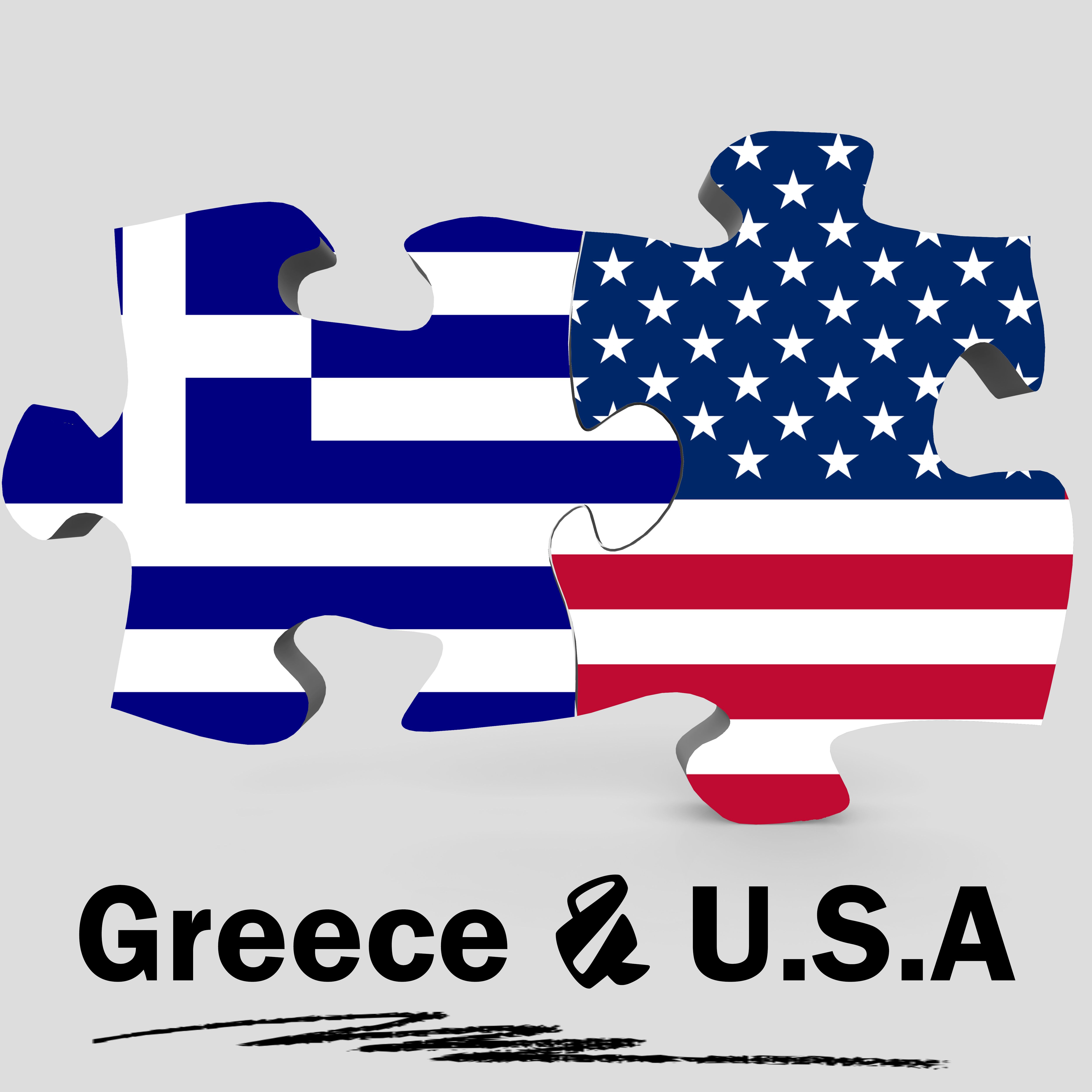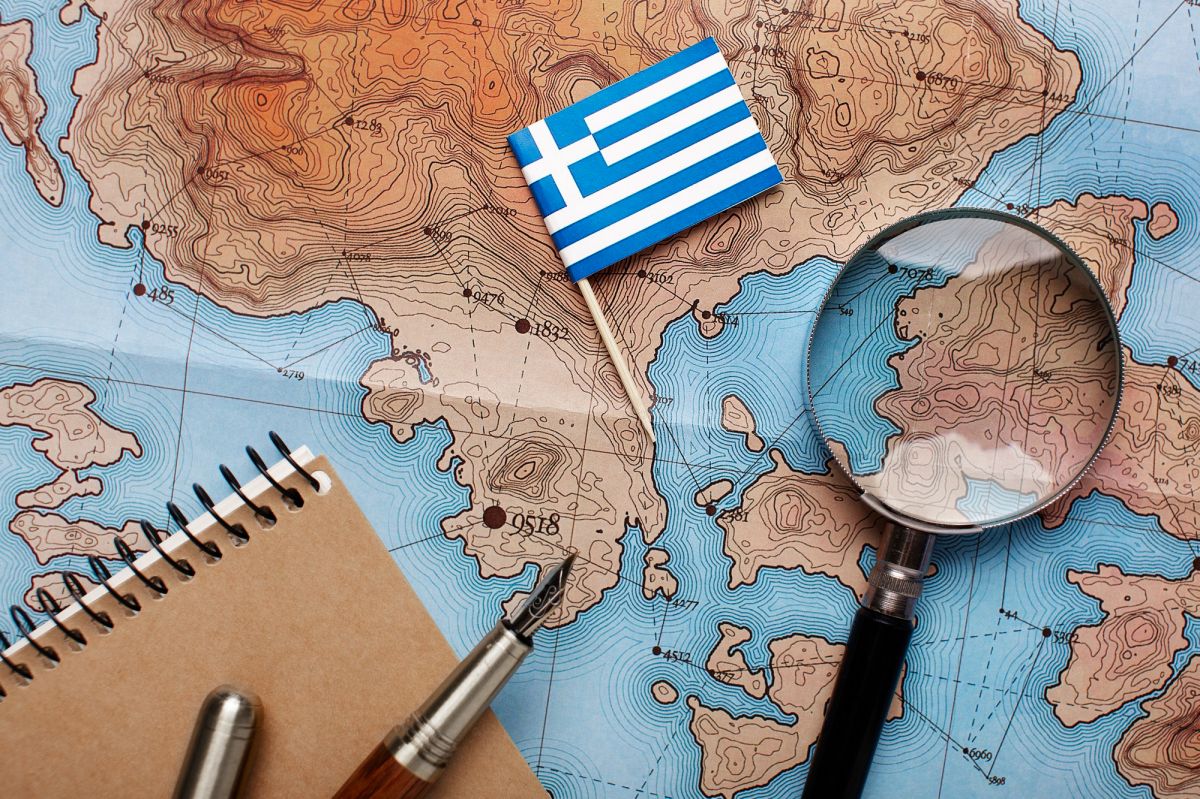The New York Greek American community is a vibrant and influential group that has made significant contributions to the cultural, social, and economic fabric of the city. With a rich heritage rooted in Greece, Greek Americans in New York have successfully preserved their traditions while assimilating into the multicultural tapestry of the city. This article explores the history, cultural significance, and contributions of the New York Greek American community, highlighting their enduring spirit and commitment to community engagement.
A Legacy of Immigration

The Greek American community in New York traces its roots back to the late 19th and early 20th centuries when waves of Greek immigrants arrived on American shores in search of better opportunities. Seeking economic stability and fleeing political unrest, these pioneers brought with them a deep sense of cultural pride and a determination to succeed. Initially settling in neighborhoods like Astoria and Jackson Heights in Queens, Greek immigrants established businesses, churches, and social organizations that served as the foundation for their community's growth.
Preserving Cultural Heritage
One of the defining characteristics of the New York Greek American community is its unwavering commitment to preserving its cultural heritage. Greek language schools, dance groups, and folk music ensembles have played a vital role in passing down traditions from one generation to the next. Institutions like the Hellenic American Cultural Center and the Greek Cultural Center provide spaces for Greek Americans to celebrate their heritage through art exhibitions, theatrical performances, and educational programs.
Religion also holds a significant place in the lives of Greek Americans. The Greek Orthodox Archdiocese of America, based in New York City, serves as the religious center for Greek Orthodox Christians across the United States. Greek Orthodox churches throughout the city provide a spiritual home for Greek Americans, fostering a sense of community and belonging.
Cultural Festivals and Celebrations
The Greek American community in New York is known for its vibrant festivals and celebrations that showcase Greek culture to the wider public. The annual Greek Independence Day Parade, held in Manhattan, attracts thousands of participants and spectators, who come together to commemorate Greece's liberation from the Ottoman Empire. The parade features colorful floats, traditional costumes, and lively music, creating an immersive experience that celebrates Greek identity and heritage.
In addition to the Independence Day Parade, numerous street festivals take place throughout the year, such as the Greek Festival in Astoria and the St. Demetrios Greek Festival in Jamaica, Queens. These events offer an opportunity for Greek Americans to share their cuisine, music, dance, and customs with the wider community, fostering cross-cultural understanding and appreciation.

Contributions to Business and Politics
The New York Greek American community has made significant contributions to the city's business landscape. Greek-owned establishments, ranging from restaurants and cafes to retail stores and professional services, can be found throughout the city. These businesses not only contribute to the local economy but also serve as gathering places for the community, where Greek Americans can connect and maintain their cultural ties.
Greek Americans have also made their mark in politics and public service. Prominent figures like former New York Governor George Pataki and former New York City Council Speaker Peter Vallone Sr. have held influential positions, advocating for the interests of their community and making a broader impact in the city's governance.
Conclusion
The New York Greek American community stands as a testament to the resilience, pride, and dedication of its members. Throughout history, Greek Americans have embraced their heritage while actively engaging with the diverse communities of New York City. Their contributions in preserving their culture, fostering community connections, and contributing to the city's economic and political landscape have left an indelible mark. As the community continues to evolve and grow, it will undoubtedly continue to shape the dynamic and multicultural fabric of New York City for generations to come.















